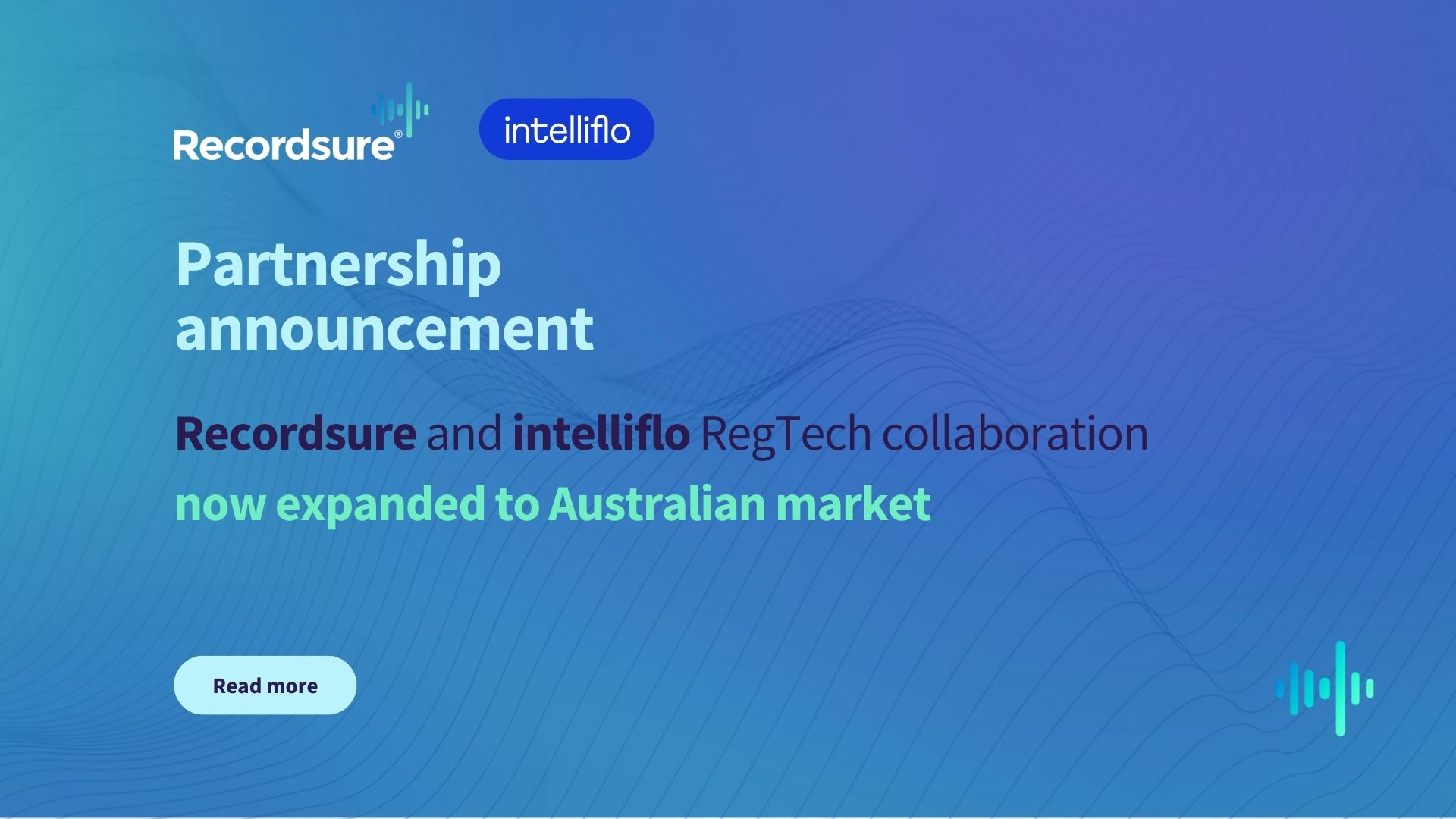We take a look at the changing perception of artificial intelligence, why voice analytics is becoming an increasingly valuable tool for businesses and whether software will ever be able to understand conversations better than a human.
The changing attitudes towards Artificial Intelligence
It’s amazing to consider how use and exposure to new technology affects people’s attitudes. When we first started working with artificial intelligence (AI) and machine learning, our developers often found that when they introduced themselves, any follow up questions would typically reference either “Big Brother” or “Skynet”.
This doesn’t tend to happen anymore though: the fascinating thing is they’re now being asked about Alexa, Siri or Google Assistant instead. In a relatively short space of time, perceptions have shifted from AI being the science fiction harbinger of doom to the personal assistant you readily welcome into your home and depend on to organise your life.
The wider adoption of voice recording and analytics
It’s not just at home that voice integrated tools are becoming more commonplace, with a rapidly growing number of businesses looking for new ways to unlock the value of their speech data: the focus on voice recording and analytics technologies is a natural progression for many organisations.
The technology is becoming increasingly accessible: think how much of the time you have a phone on you. For most people, this will be 24 hours a day, which is another way of saying that most people have access to a microphone around the clock. Now, compare that to the amount of time you carry a pen and paper with you…
This is of course an over simplification, with many of the more valuable insights available being dependent on higher-quality recordings than can be achieved from the mic on a mobile phone, but the wider trend is clear: voice technology is only going to reach new and greater heights as a business tool.
Fresh insights from customer conversations
It’s in these high quality insights that the true value for many businesses will lie. When combined with advanced machine learning and artificial intelligence, you can see how far the technology has come from simple transcription and keyword analysis.
For instance, Recordsure offers users the ability to track engagement during a conversation: businesses can review interactions and instantly see the points where customers were actively interested and when their attention started to waiver, which can then be used to enhance sales activity on both an individual and a wider systematic basis.
The AI can also be programmed to identify anomalies in conversations which could indicate that a mandatory disclosure has not been given in full or a customer’s income has not been discussed in sufficient detail for example. This gives organisations an unprecedented ability to target specific issues and channel additional support to where it is needed.
New disruptive solutions are so powerful we’re finding that businesses are fundamentally adapting departmental processes to reap the benefits: emerging technologies like this which weren’t available even a few years ago are now having a massive impact.
Will voice analytics ever be 100% accurate?
At Recordsure, we use highly stringent measures to monitor accuracy levels: it’s important to monitor not just the words said but their wider context and the meaning between the lines, which is essential if you want to draw meaningful insights from free-flowing conversations.
In fact, by this standard, humans aren’t even able to register 100% accuracy! There are numerous instances where a conversation could potentially be interpreted in different lights due to subjective elements like subtext, so there will always be a margin of error when separate people review the same interaction.
The human brain is capable of many incredible feats which we take for granted, such as the ability to effortlessly comprehend the way multiple topics inter-relate over the course of a conversation. This is the kind of process Recordsure mimics, with machine learning voice analytics that continues to grow its contextual understanding the more data it processes in order to master not just the words being used but the meaning behind them.
The technology is around four to five times more powerful than traditional key word recognition tools, with accuracy levels that are getting ever closer to understanding conversations with the fluency of an actual person. Voice analysts don’t need to run for the hills or start considering new career options though: this type of solution is not designed to replace humans in situations where a qualitative decision is needed, but to empower them to become more effective by automating admin tasks, ignoring irrelevant data and focusing efforts where they will have the strongest impact.
In essence, we haven’t quite reached the stage where we need to ask philosophical questions about whether a machine can understand conversations better than a human can, but the surface level understanding that AI now provides can drive significant efficiencies within businesses.





